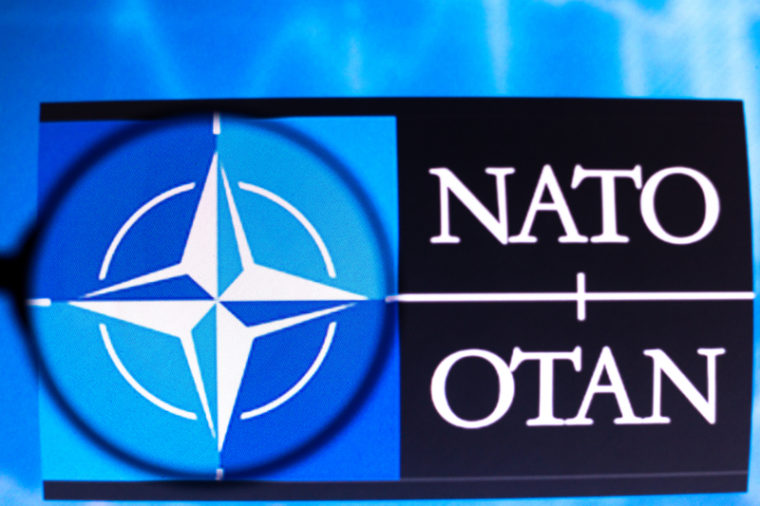
The American Revolution would have failed without French help. Their assistance allowed us to form an independent country that would become the world’s first modern democracy. Since the 1770s the situation has reversed: The United States has helped preserve and spread freedom in Europe many times. One hundred and forty years later we enter WWI to save France from German military conquest. We continued to help France, and Europe, throughout the 20th Century. In WWII we led the effort to end Hitler’s domination of Europe, in the 1980s we helped end the Soviet Eastern European empire, and in the 1990s we intervened to stop genocide in Bosnia.
In addition we initiated the creation of the North Atlantic Treaty Organization (NATO) in 1948 to stop the Soviets from adding western European countries to their empire. The NATO alliance was initially composed of the United States, Canada, and ten western European democracies. The United States has been, and continues to be, disproportionately the major economic and military resource contributor to the alliance; in 2023 sixty eight percent of the total military budget of all 32 NATO was contributed by the United States. In the beginning the European excuse for not contributing more was that their impoverished economies were still recovering from WWII devastation. That excuse lost credibility a long time ago: the European Union is one of the most prosperous economies in the world. As the opening paragraph indicates, Europeans became overly dependent on Americans for the initiative and resources needed to resolve European issues.
Currently the United States is heavily contributing to another European issue: the Russian invasion of Ukraine. The United States has contributed the highest percentage of the military resources given to Ukraine to fight the Russians. The Trump administration is unlikely to continue to be the major contributor to Ukraine. The European members of NATO will have a choice: to significantly increase their support of Ukraine, or allow Putin to conquer Ukraine. The Europeans have the economic and military capability- the issue is political will.
Currently political will is lacking. North Korean troops entered the Ukraine war on the Russian side, and so far NATO has not responded to this latest escalation, despite Zelenski’s pleas. Once Trump becomes president and cuts off American support the situation becomes even more dire. Putin has European expansion ambitions. He is a former Soviet KGB official and he wants to reestablish the Soviet Empire. For those who don’t remember or never knew, the Russians controlled Eastern Europe from 1945 through the early 1990s. Estonia, Latvia, Lithuania, Poland, East Germany, Czechoslovakia, Hungary, Rumania, Bulgaria and Yugoslavia were all under the Russian yoke. Putin doesn’t just want Ukraine; he wants these countries returned to Russian control.
Most of the former Soviet-dominated countries listed above are now democracies and part of NATO. The leaders of these countries understand and fear Putin’s ambitions. Hopefully they can persuade the alliance to fill the resource vacuum created by the withdrawal of American support.
The importance of doing so is not just relevant to Europe- it has relevance for the entire world. The four most potent dictatorships in the world are Russia, China, North Korea and Iran. They have formed an alliance. China, North Korea and Iran are all supporting Russia in the Ukraine war, and in general they are all helping each other. Each country has unfulfilled expansionist desires. They all wish to conquer or destroy other countries. NATO is the only viable alliance of democratic militaries in the world. NATO weakness in Ukraine will be seen as democratic inability to stop dictatorial ambition anywhere in the world.
For the foreseeable future the European countries will have to lead NATO, which essentially means leading the free world. It is a role the United States has played since 1945. Perhaps it is time for a united Europe to assume the free world leadership role.
ID 242485536 | Nato Logo ©
Rafael Henrique | Dreamstime.com
















